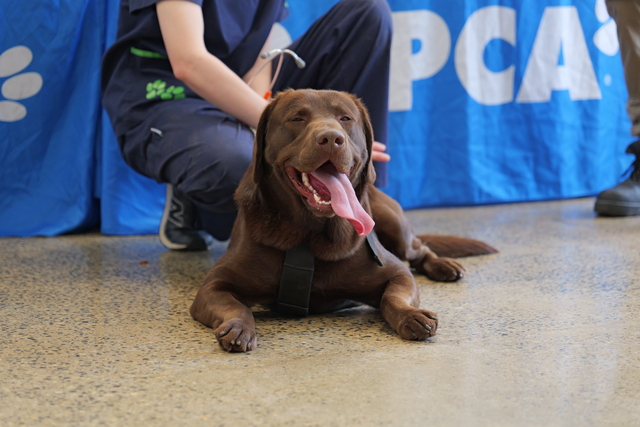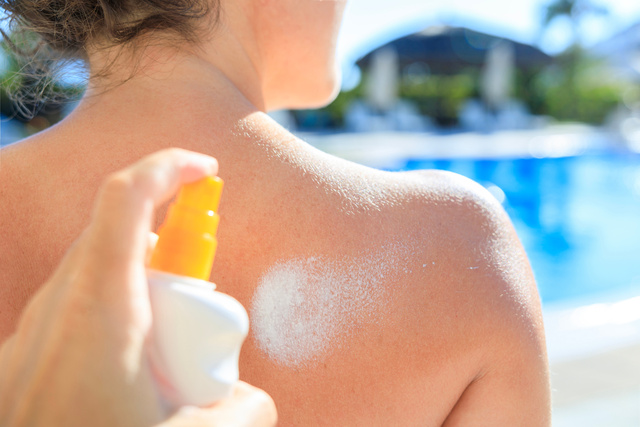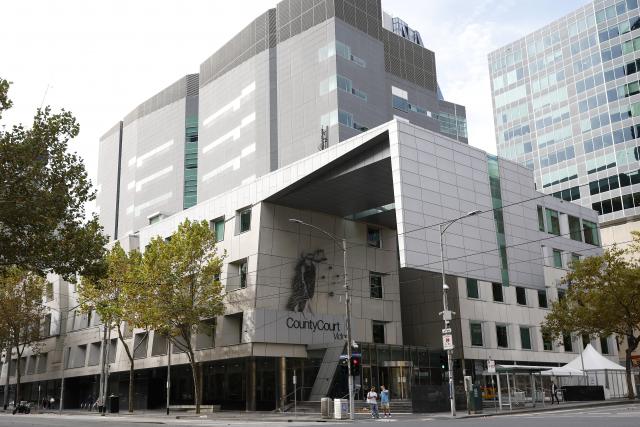THE dangers of diving into shallow water have been highlighted with a timely warning from Health Minister Daniel Andrews.
Announcing funding for a new X-ray machine at the Royal Talbot Rehabilitation Centre in Kew, he urged people to check water depth before diving to avoid a lifelong spinal cord injury.
Research shows that of the 381 spinal cord injury cases reported during 2004-05 in Australia, 26 were caused by a diving or surfing accident. About 90 people a year suffer a spinal cord injury in Victoria.
Most new injuries occur in young people aged 15 to 35 and the majority are male.
“The only cure for a spinal cord injury is prevention. Whether it is in the surf, off a pier, a river, creek, dam or a swimming pool, don’t just dive into the water – take those few extra minutes to check the depth,” he said.
Mr Andrews says diving head-first into water where you don’t know the depth is like playing Russian roulette.
“Nobody ever puts diving boards at the shallow end of the pool – and for good reason. Most diving injuries occur in shallow water and the risk is greater this year due to our rivers and waterways being dangerously low because of the drought.”
Mr Andrews said spinal cord injuries had a significant life-changing impact on mobility and bladder and bowel management, and impaired one’s family, social life and career.
“Being in a wheelchair is the most immediately recognisable impact, but it can often also mean the person can’t do the kind of work they used to and can’[t engage in many of their other previous sporting and social activities. Other health issues such as depression are not uncommon for people who have had a spinal cord injury,” he said.
“A person with a spinal cord injury may need an attendant to assist them to get out of bed, to eat and to drink, to go to toilet and to take a shower. The home they live in will need to be modified to enable them to do the everyday things they took for granted. It’s far better to look before you leap and ensure you don’t suffer a spinal cord injury in the first place.”
The Victorian Spinal Cord Service at the Royal Talbot Rehabilitation Centre, part of Austin Health, is the state’s primary agency for people with a spinal cord injury as a result of an accident.
-Kath Gannaway
Look before you dive
Digital Editions
-

Best films of 2025
Twin films – when different studios make similar films at around the same time (think Antz and A Bug’s Life, or Deep Impact and Armageddon)…





